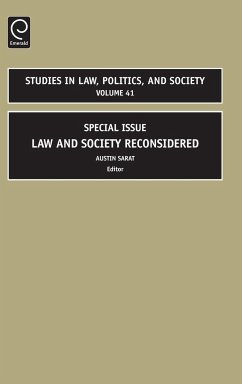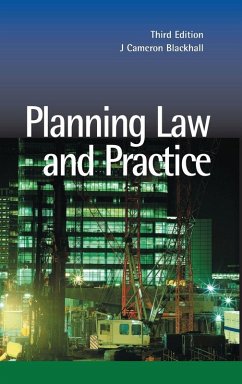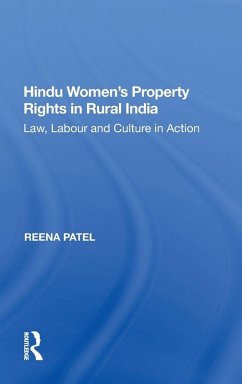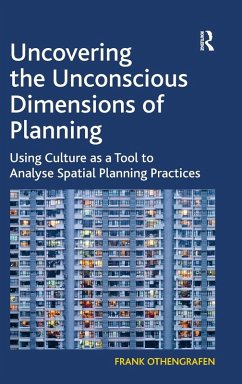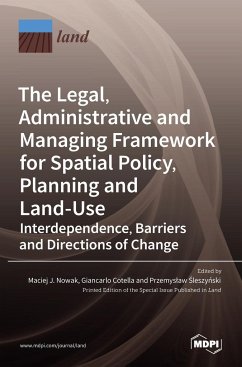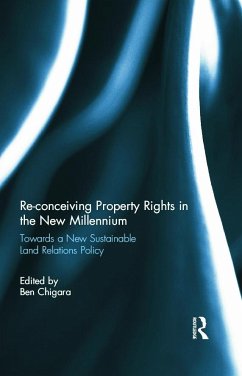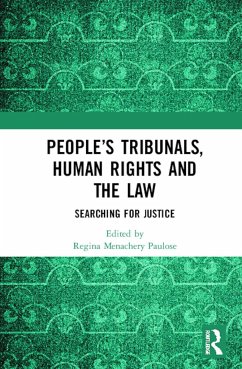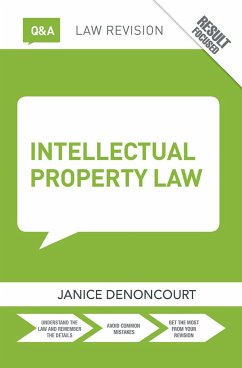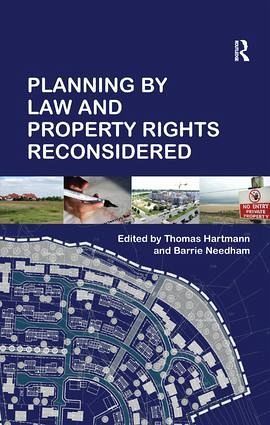
Planning By Law and Property Rights Reconsidered
Versandkostenfrei!
Versandfertig in 1-2 Wochen
177,99 €
inkl. MwSt.

PAYBACK Punkte
89 °P sammeln!
This book makes the (often implicit) theory behind planning by law and property rights explicit and relates it to those challenges. It starts by setting out what is understood by planning by law and property rights, and investigates - theoretically and by game simulation - the relationships between planning law and property rights. It then places planning law and property rights within their institutional setting at three different scales: when a country undergoes enormous social and political change, when there is fundamental political debate about the power of the state within a country, and...
This book makes the (often implicit) theory behind planning by law and property rights explicit and relates it to those challenges. It starts by setting out what is understood by planning by law and property rights, and investigates - theoretically and by game simulation - the relationships between planning law and property rights. It then places planning law and property rights within their institutional setting at three different scales: when a country undergoes enormous social and political change, when there is fundamental political debate about the power of the state within a country, and when a country changes its legislation in response to European policy.



